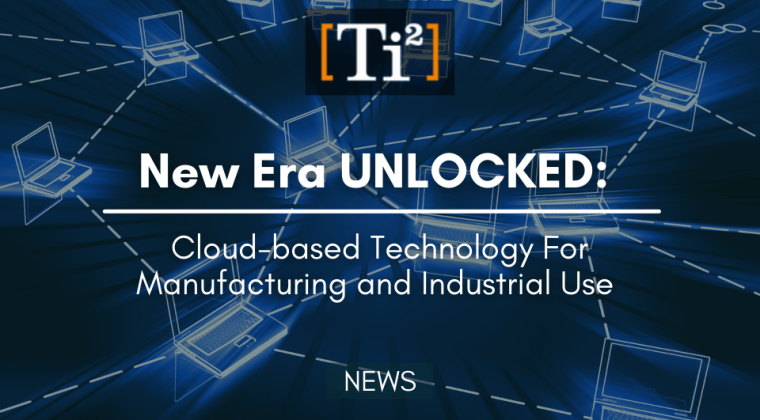
Manufacturing and industrial engineering is well-known to be the driver of progress in technologies, and thus, in the growth and development of our civilization. With cloud-based technology being a strong core-stone to the upgrade of this industry, management & enablement of application, device, and data is implemented and strategized with strong visibility and transparency.
What we never thought was possible, is now possible with powerful machines, learning applications, and analytics capacity. Fast, real-time communication unites designers with manufacturers, allowing quicker feedback and planning. Indeed, a new era is unlocked.
The leap from design point to ready-production is at a rapid speed. It’s undeniable that we all experience the benefit of functionality where data for IoT analytics, market research, demographic, strength, and weaknesses, up to blueprints are recorded and stored for a thorough evaluation. That being said, each milestone from design, prototype, and production results in better performance with cloud-based technologies. And optimization is optimal while still giving space to further future improvement.
As manufacturing and industrial engineers, one of our biggest all-time challenges is make-ability. Traditionally, designs are navigated through a long manual process with limited factory capability and process. The objective and goal are often unclear with our conventional methods.
To improve the underlying process, prototyping can now be done through cloud-enabled additive manufacturing, using the same process and infrastructure used in production.
Cloud Platforms for Industrial Use
80% of the cloud-based technologies market is being shared by three main platforms: AWS (Amazon Web Services), Microsoft Azure & Google Cloud.
Although their technology has similar baseline functionality, each of the platforms has complemented their platforms, each with their own signature niches, securing their strategic positions in the market. This offers more appeal to certain industries, reduces competition, and in addition to that, provides a suitable option for each industry demand.
IoT Analytics, an Internet of Things market research firm, concluded each of these major cloud platforms’ features along with its strengths and weaknesses. The analysis proves relevant to 3 focuses for industrial use:
- Application: With software developers as the main demographic, the enablement and management of Internet of Things applications are deemed a priority, comprising, but is not limited to IoT development environments, rules engines, or digital twins.
- Device: Services aim for device management and connectivity. Properly providing patches and updates including device monitoring, hardware updates, or deployment configuration.
- Data: Capability to manage and enable IoT-related data to be stored and analyzed accurately.
Despite all their differences, all three platforms continue to optimize their technologies, orchestrating higher standards, excelling in IoT analytics, big data, AI, and machine learning for industrial use, among other niches.
Industrial Internet and Cloud-based Software
From when the Industrial IoT was birthed to this very moment, several stages had led us to each invention.
First with the invention of PLC, where M2M was conceptualized and created. Then Ethernet, PC links, the World Wide Web, TCP/IP, Wireless M2M, and eventually “Internet of Things” and the Cloud technology.
Industrial intelligence, connectivity management, and cloud-based industrial application platforms are now key elements for manufacturing and industrial use.
The industrial internet collaborates terminals, networks, clouds, and applications by integrating next-generation ICT and manufacturing.

Figure 2: IDC’s industrial Internet integration and evolution framework
More and more companies are working on integrating cloud technologies into their facilities, understanding that the future of their business depends on their investment in the present, creating big competition in the market. However, this also means that the industrial internet is in urgent need to upgrade and transform to an even more suitable technology for each unique business strategy.
Industrial automation companies now rely on technologies that allow manufacturing and processing industries to create one pool of big data, gathered from whole infrastructure systems and architecture to synchronize. Such technologies improve the overall process of data usage, minimize the cases of misinformation and usage of obsolete data.
Large cloud based-technologies also allow conduct training for machine learning applications, giving a line of know-how to anyone relevant within the company with efficient cost.
Existence of the cloud-based technologies ensures the growth and development of the industry at a new level of speed and actuality.
Ti2 is currently very focused on working with its global partners to secure stock and avoid long delay times in delivering products to their customers. Together with our trusted partners, we are here to provide solutions.
To learn more about what we do, please click projects, products & services.
Please click here to email us your inquiry, we would like to hear from you.
Article inspired from automationworld, MBT, and Huawei.
